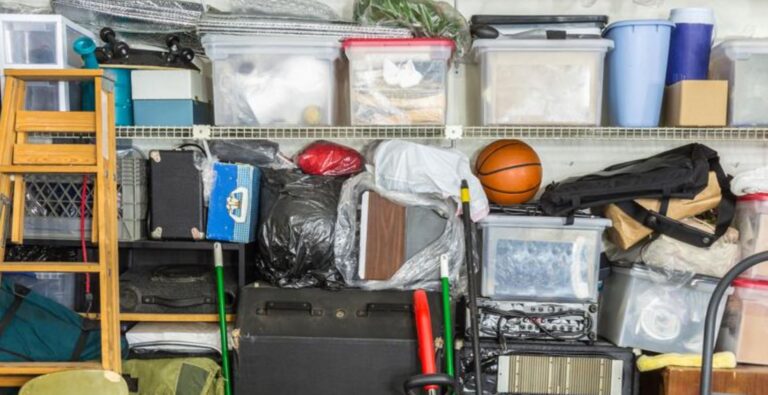With so many regulations to consider and comply with, landlords need assistance. At Hunters Camberwell, we are pleased to say we offer a broad range of services and support for landlords in Camberwell. With the Tenant Fees Ban coming into force on the 1st of June 2019, it is vital that landlords are ready for these changes.
The Tenant Fees Ban will apply to landlords and letting agents, and in the initial year of the tenancy, the ban impacts tenancy renewals which begin after the 1st of June. However, from 1st of June 2020, the ban applies to leases already in existence and where any clauses n an agreement lead to additional fees.
Landlords should prepare for a change in working practices
If a landlord collects a fee they shouldn’t have, they have 28 days to return this payment. If the landlord fails to repay the money within 28 days, they will be in breach of the Tenant Fees Ban. Landlords will no longer be able to charge for carrying out credit checks, undertaking references on tenants or the check-in or check-out process of a tenancy. Landlords cannot charge fees for completing an inventory, for cleaning work, for gardening work, for charges relating to third-party services or for any administration charges that arise during their work.
It is not possible for landlords to circumvent the ban by including costs within a tenancy agreement. Any such contract will be null and void.
Landlords will be able to collect rental payments, holding and security deposits and any charges which relate to a defaulted contract or where a cost has arisen. As an example, if a tenant loses their keys and the landlord arranges for a new set, the landlord can charge for the price of this service.
However, this charge must reflect the cost to the landlord, not an additional fee a landlord may wish to impose. Therefore, landlords are advised to retain a receipt for work or charges.
Landlords can still charge certain fees
When a tenant requests to leave a property before the agreed end date, a landlord can charge a fee. When swapping tenants on an agreement, the standard rate is £50. When a landlord loses rental income when an unexpected void period happens, the landlord can charge for lost revenue, not a flat-rate fee.
Landlords should be aware that there will be changes relating to holding and security deposits. When a landlord accepts a holding deposit, they have 15 days to confirm the tenancy will take place. If a lease will not take place, the landlord has a further seven days to repay the holding deposit.
When a tenant doesn’t provide sufficient information to a landlord during the holding period, or they fail a right to rent test, the landlord doesn’t have to pay the full deposit back. When a tenancy occurs, the landlord must repay the holding deposit within seven days, or they should use this deposit as a part-payment for the initial rental fee or the security deposit.
There is now a cap on security deposits. When the annual rent is less than £50,000, the cap will be five weeks’ worth of rent, and when the annual rent is £50,000 or higher, the cap will be six weeks’ worth of rent.
The fine for an initial breach of the Tenant Fees Ban can rise to £5,000 while further offences may see a landlord fined up to £30,000. A landlord may also receive a banning order and face criminal charges.
If you’re a landlord looking for assistance in letting property, contact Hunters Camberwell, and we will be more than happy to assist you.




